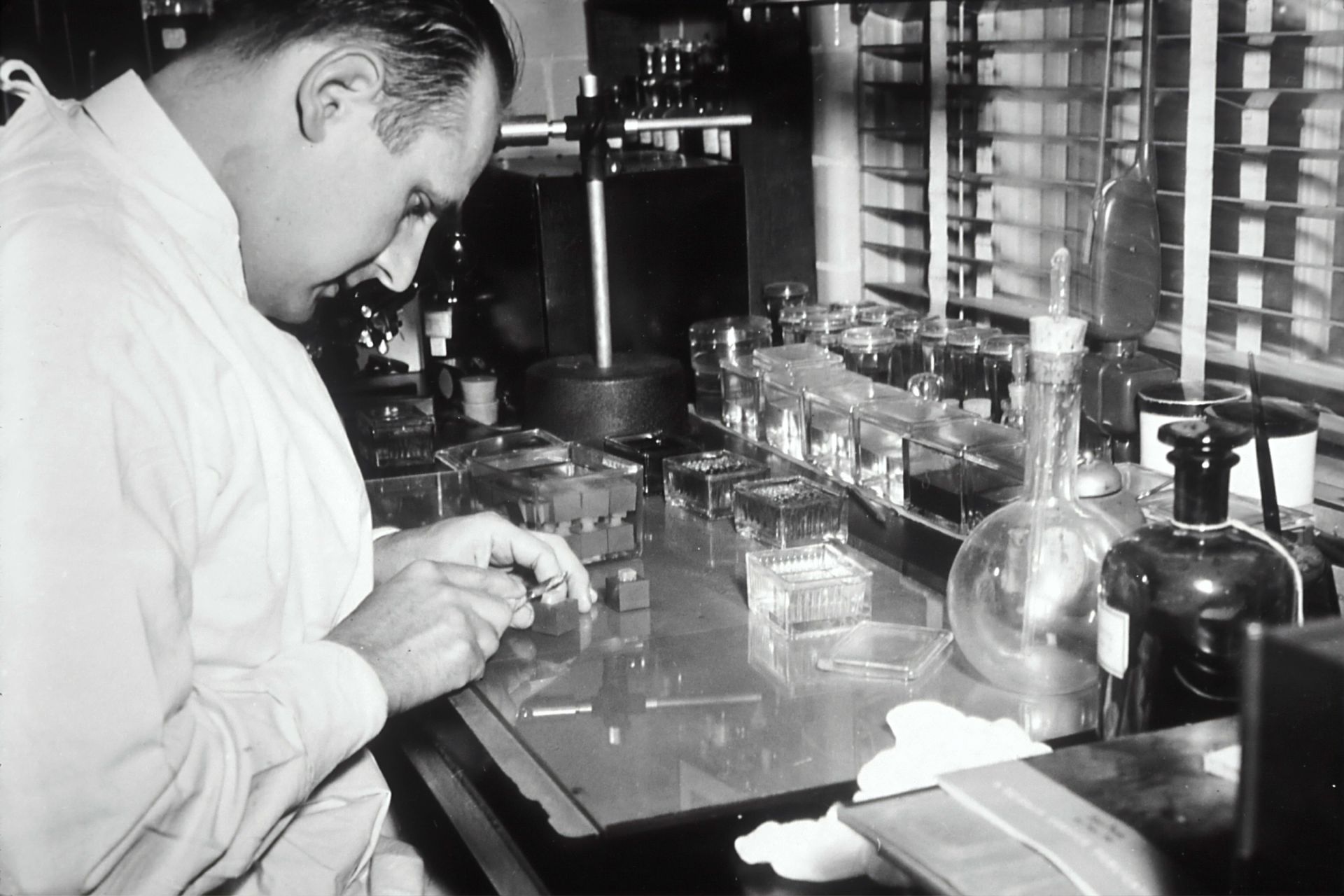Those more cynical than I have been sometimes known to quip that “Justice favours the well-heeled”. It is undoubtedly true. Whilst money may not buy happiness, it can certainly deliver lots of lawyering, and in the cutthroat world of commercial litigation, he with the deepest pockets is often very likely to be at a distinct advantage. Of course, in the modern world, that’s true of any competitive environment, from sport to industry to military conflict. The bigger the bucks, the bigger the bang
Despite that sobering reality, in many ways our judicial system has always worked hard to even up the playing field. Even before the advent of the modern legal aid regime, many very successful and well-respected lawyers routinely dedicated time, through pro bono endeavour and otherwise, to ensure the indigent and disadvantaged were properly represented in the courts of law. In more recent years, that time-honoured tradition has been supplemented, and to some extent subsumed, by the legal aid promise by governments of all colours to ensure that “all men are equal before the law.”
But the truth is that equality can prove to be an all-too-expensive commodity. Particularly when it comes to commercial litigation, the legal aid dollar is rarely unlimited, and as a result many impecunious civil litigants are left out on their own. Luckily for them, our judiciary remains ever mindful of the often apparently insurmountable imbalance that self-litigants can face when litigating in our courts and, as a result, judges and magistrates are usually inclined to engage in an avuncular, hand-holding exercise designed to steer self-litigants through a complicated process in which they are otherwise invariably and in every sense outgunned. Often to the agonised frustration and chagrin of lawyers opposing them in court, they are afforded uncustomary leeway, granted extra time and assistance, and gifted second chances, sometimes even third and fourth.
For various reasons, judges, magistrates, barristers and solicitors all dread the daunting prospect of conducting litigation with unrepresented litigants. All too often, the proceedings are unnecessarily delayed and needlessly bogged down, otherwise straight-forward processes routinely become frustrated, and everything is made more difficult and time-consuming. At times it even feels arguably unfair to those who pay for proper representation. But in the end no one could fairly argue it does not serve the interests of promoting equal justice.
Last month the High Court of Australia handed down a decision in the case of Nobarani v. Mariconte, reminding us of the difficult job courts face in balancing the need to give self-litigants “a fair go,” while still striving to maintain the rules and procedures of the court. The case concerned a probate application brought in the NSW Supreme Court, in which one of the parties, Mr Nobarani, appeared on his own behalf. By all accounts he demonstrated scant appreciation of appropriate court procedure or rules of evidence, and his command of the English language was somewhat less than perfect. As a consequence his conduct of the trial was less orderly than one would have hoped. In fact, the trial judge described the presentation of his case as “almost incomprehensible” and whilst, as the trial progressed, Mr Nobarani repeatedly sought adjournments to call witnesses, read documents, and adduce expert opinion, no adjournment was granted by the judge.
When the verdict ultimately went against him, Mr Nobarani got himself some lawyers and appealed, on the basis that he had not been given a fair trial. The High Court agreed, ruling that, given his inexperience and lack of training, and the fact he had been given limited time to prepare for the proceedings, issue subpoenas, arrange witnesses and organise his expert evidence, all on his own, it was unsurprising that the case he had presented was vague and disordered. Ultimately the court concluded the appellant had been denied procedural fairness by the Judge presiding over his trial and, despite accepting the evidence led by the other parties was at its heart strong, ordered a retrial.
Maybe Justice doesn’t always favour the well-heeled.












